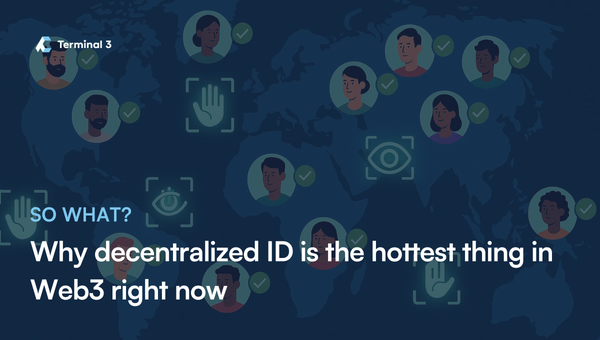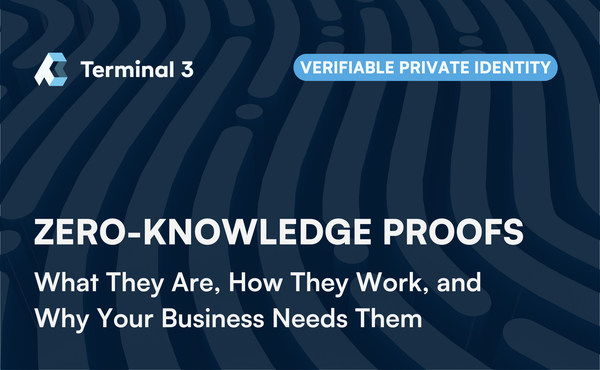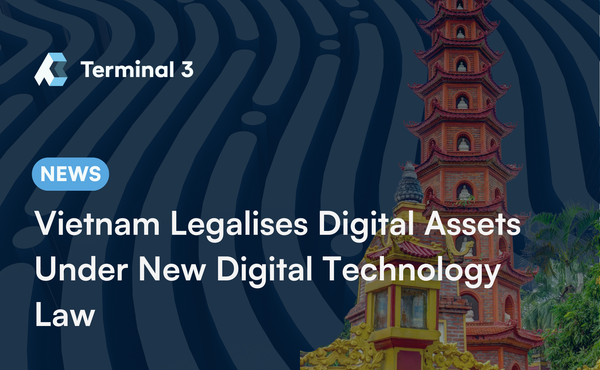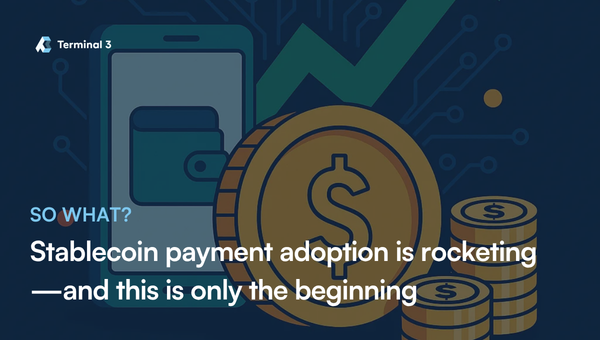DAOs could be Web3’s most disruptive feature—but they haven’t taken off yet

GM,
We wrote about Nouns DAO, one of the most prominent DAOs in Web3 back in September, but this week we are looking at DAOs in more detail after the US state of Wyoming introduced a new law that permits them to operate as non-profit organizations.
The legislation, the latest pioneering from the forward-looking US state that’s popular for company incorporation, could be a game-changer for existing DAOs, while setting a new standard that allows one of the more innovative developments of Web3 to gain greater mainstream adoption.
Best,
PS: Solana is the hottest thing in Web3 right now, if you missed our two-part series on the company and its revival from near-death, go check it out now here.
SO WHAT?
When you think about what the most disruptive invention of Web3 is, cryptocurrency tokens and their potential to make money tend to take center stage. But decentralized autonomous organizations (DAOs) might just have the potential to be more revolutionary if they can gain broad adoption. The idea is simple: a collective group or community that has equal adoption and governance.
You could imagine a sports club, a collective of artists or other independent club-like association becoming a DAO but likewise also bigger projects such as investment funds.
This aforementioned new law—the Wyoming Decentralized Unincorporated Nonprofit Association Act, aka DUNA—enables DAOs to set up with non-profit status. That builds on the state’s July 2021 legislation, which enabled a DAO to be recognized as a limited liability company (LLC), and it is significant because it means DAOs can interact with third-party companies, pay tax and enjoy other benefits.
With that in mind, now is a great time to analyze DAOs and their potential for the future.
1. A revolutionary way to run an organization
Unlike a regular company structure, DAOs do not have a centralized system of authority. They operate using smart contracts on a blockchain with decisions made by the organization as a whole, using polls, suggestions in forums and other routes to engage the community. Membership is tied to NFTs, tokens or other assets that function as proof of membership.
Proof of membership is crucial not only to defining the members of the DAO, but also the decentralized decision-making. Votes are strictly limited to token or NFT holders, sometimes in proportion to the total number of assets they own.
That’s revolutionary because it means there is not one single person taking the final call on strategy, as with regular companies. It is down to the DAO members themselves, who can come from anywhere in the world. The democratic nature allows not only members to vote on plans, but also to formulate proposals in the first place. Finally, it brings a radical level of transparency since plans for the DAO are entirely open for all to see—both members of the DAO and anyone outside of the DAO, too.
When we wrote about Nouns DAO, for example, we were able to easily learn about its proposed plans, which included a partner with a Brazilian beer brand, a comic book series, a feature film and even naming a new species of frog for US$90,000.
2. A more legitimate DAO emerges
Wyoming’s DUNA Act is a watermark moment for DAOs because it is the first state to formally recognize DAOs as a distinct legal entity. That’s important because, despite all the promising theory, DAOs need to be able to operate and handle more mundane activities, such as tax, contracting third-parties legitimately, and even paying members for services rendered.
The law comes into effect in July, and it is hoped that it will set the standard for other states and countries to follow. Without it, DAOs could be killed off due to legal uncertainties, as Miles Jennings, a legal council for US venture capital fund A16z, and lawyer David Kerr explained in a blog post:
“The DUNA law is significant as it establishes a legal framework for DAOs to operate within, offering clarity and legitimacy to these decentralized entities. This recognition could pave the way for broader adoption of DAOs across industries and jurisdictions, providing a foundation for innovation in governance and organizational structures,” they wrote.
A fundamental piece to Web3’s success is always finding a way to make it compatible with existing systems, as is the case with cryptocurrencies and their battle to avoid being classified as securities. Disrupting the status quo takes time, patience and a level of integration, too.
3. DAOs need success stories to take off
Despite their potential to upend how companies are run and bring greater transparency, DAOs haven’t taken off in a truly meaningful way outside of Web3.
The legal concerns that DUNA may go towards easing may be one major obstacle to adoption. But one major issue is likely that few existing companies want to be run in such a radical manner. Disrupting existing businesses and their hierarchy is unlikely.
There are some areas where DAO-style governance has flourished, and that’s namely Web3 investment organizations. In this case, members provide the capital for investment and then propose and vote on where to deploy it.
VitaDAO is an investment DAO that focuses on science that helps to tackle aging. Members join by buying its token, which is sold off to fund investments into other funds that have included Pfizer Ventures, Healthspan Capital and more. A more exclusive example is OrangeDAO, an investment vehicle for those who have taken part in the Y Combinator accelerator program as a startup founder.
It remains to be seen whether the arrival of DUNA will spark an immediate uptick in DAOs. It will certainly give DAOs, and especially those located in the US, an avenue for greater legitimacy though it may not usher in a spate of new DAOs. The overall adoption of DAOs is likely to hinge on successful examples inspiring the creation of DAOs in new areas.
Sure, DAOs could be game-changing in areas where a lack of transparency is problematic—such as government, finance or supply chain—but a radical approach will take time. But that is par for the course for most things in Web3, as we tend to point out regularly.
News bytes
BlackRock launched a tokenized fund on Ethereum and invested in asset tokenization company Securitize
The SEC is said to be probing the Ethereum Foundation as part of an apparent campaign to classify Ethereum as a security
The US House of Representatives has largely worked out a stablecoin bill and just needs a scheduled floor vote but it may not come this year, according to two key lawmakers
Southeast Asian ride-hailing firm Grab now allows users in Singapore to top up their wallets using cryptocurrencies that include Ethereum and Solana
Alexey Pertsev, the Tornado Cash developer, allegedly helped to launder more than $1.2 billion, according to an indictment by Dutch prosecutors—other Tornado Cash developers face money laundering and sanctions violations in the US with a trial scheduled for September
Web3 firms Immutable and Polygon Labs have teamed up to launch a $100M fund focused on gaming
The former CEO of Binance says his next project will be an educational business
That’s all for this week!
Share your feedback, questions or requests via email to: sowhat@terminal3.io




